Brainwave MedTech Group (BMTG)
Portable brain testing devices and evidence-based neurological evaluation services for medical and legal professionals.
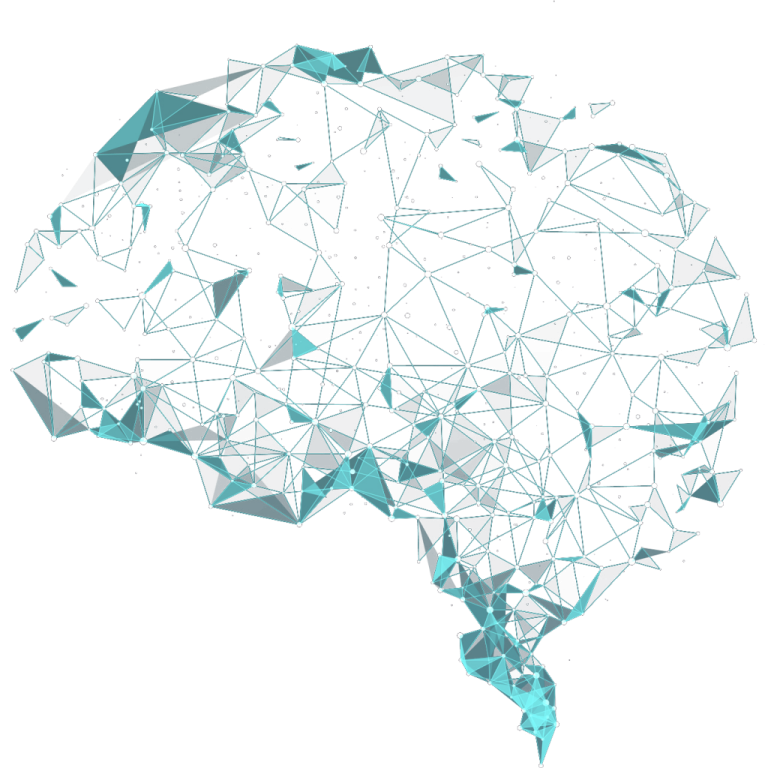
The Brainwave MTG – WAVi Platform
BMTG—WAVi is changing how we look at the brain, and it is much more than just a brain scan. With our multifaceted platform, BMTG—WAVi technology offers practitioners a panoramic perspective of the brain. Our platform provides a multifaceted tool for practitioners to measure brain performance.
Medical
Brainwave MedTech Group (BMTG) is the top U.S. representative for the high-performance WAVi brainwave scanner and data analysis system to physicians, and healthcare institutions. The FDA-Cleared WAVi EEG/ERP/qEEG brain scan and analytics system objectively measures real-time brain activity. The WAVi portable headsets are comfortable and user-friendly. The corresponding WAVi software interprets data acquired by distilling the information into actionable insights and meaningful analysis to address risks, such as concussions and neurological symptoms, qualifying for insurance reimbursement.
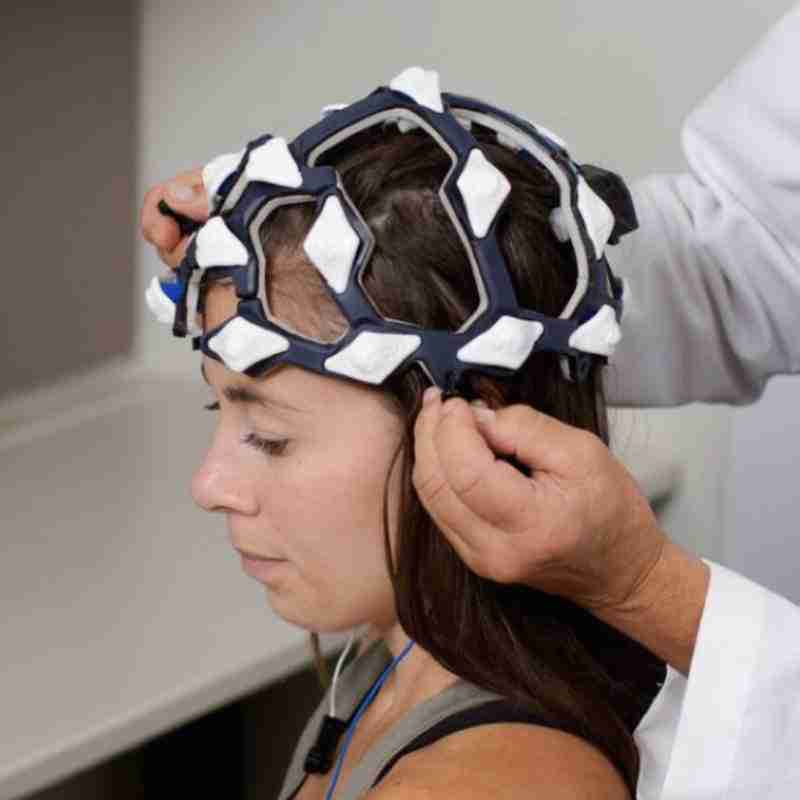
Eight Essential Capabilities
qEEG
Quantitative EEG allows for the measurement of brain wave patterns.
Trail Making
Trail making provides a measure of visual control and task switching.
Auditory ERP
Auditory ERP provides measures of cognitive response.
Data Sharing
Collaborative data sharing creates a community working together to improve the brain.
HRV
Heart Rate Variability (HRV) provides measurements of the functioning of the autonomic nervous system important in relation to brain activity.
Standard Assessments
Software includes: standard concussion, depression, anxiety and cognitive screenings.
Visual ERP
Eriksen Flanker test provides a measure of cognitive control.
Customizable Reporting
BMTG – WAVi Research Reports can fit the needs of any practice or program interested in the brain.
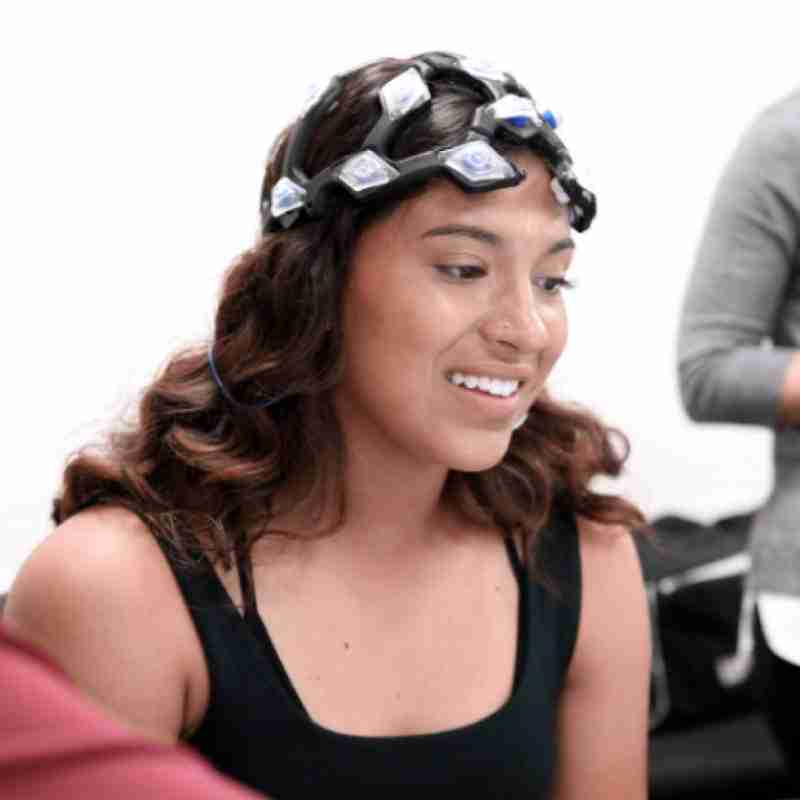
Legal
Brainwave MedTech Group (BMTG) offers medical evidence for legal professionals, including a neurologist-certified evaluation of the brain dysfunction applicant. Our professional diagnosis is a confidential, personalized and comprehensive brainwave assessment for each case tested on the WAVi system. For legal cases, we provide a personalized, evidence-based Brainwave ReportTM by conducting initial tests and follow up evaluations.
Hundreds of cases have already used our Brainwave ReportsTM. Each comprehensive report includes raw data and expert analysis of causal evidence, impact and implications due to traumatic brain injuries (TBI), post-concussive syndrome (PCS) and various brain dysfunctions related to illness, addiction, aging and psychological issues. The reports leverage electroencephalogram feedback, plus Theda/Beta Ratio, auditory and visual P-300 latency factors to evaluate cognitive functions, such as attention, working memory, and concentration., as well as input on physical reaction time, brain speed, brain voltage, and other biomarkers.
Six Essential Features
Portable
The headset is lightweight, durable, fits comfortably, and is easily transported.
Easy to Use
Setup takes less than 5 minutes per user.
Fast
Brain wave tests are completed in as little as 4 minutes.
Objective Data
The accurate data captured in real-time is tamper-proof.
Comprehensive
A multi-faceted spectrum of brain performance data is captured.
Analytics
System instantly generates reports with advanced data and objective analytics.
Meet our Lead Neurologist, Dr. Syed A. Asad
With over 25 years of experience as an expert in Neurological Medicine, Board Certified in Traumatic brain injury by the American Board of Psychiatry and Neurology. Dr. Asad evaluates each Brainwave Report and interprets the raw data for recommended conclusions and treatment options.
Dr. Asad Credentials: Medical School at the Dow University of Health Sciences; Board Certification in Nuclear Medicine from Harvard Medical School; Brigham and Women’s Hospital in Boston; Board Certification in Neurology from Emory University Hospital in Atlanta; Served in US Army reserves, Medical Corp; Founder of Universal Neurological Care outpatient neurology clinic with special focus on Traumatic Brain Injury; Neurotrauma consultant to the Jacksonville Jaguars NFL football team and the NFL; Medical Director, Eisenhower Center in Jacksonville, FL, traumatic brain injury rehab facility.
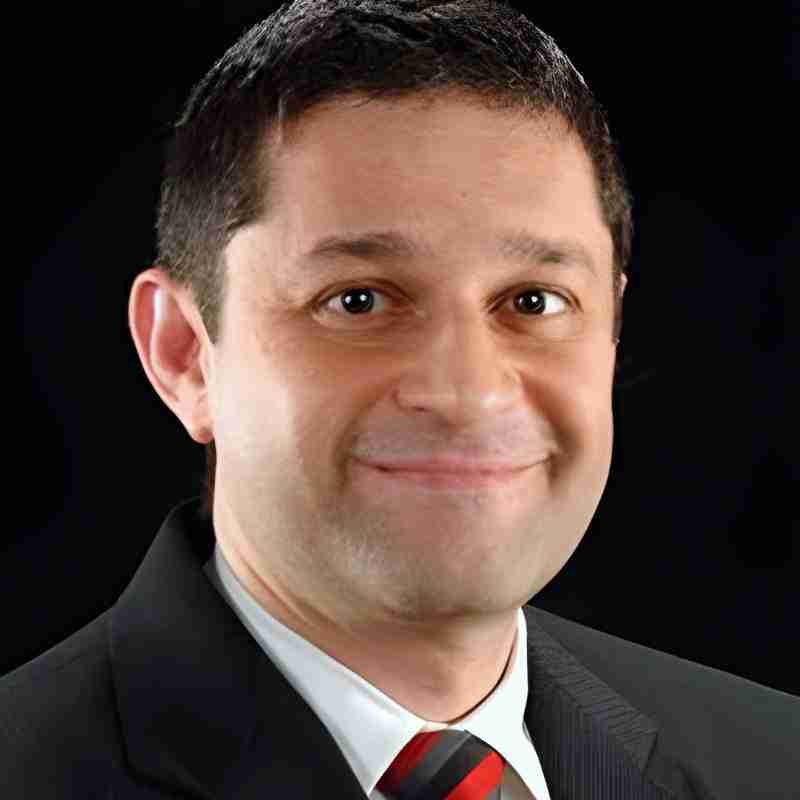
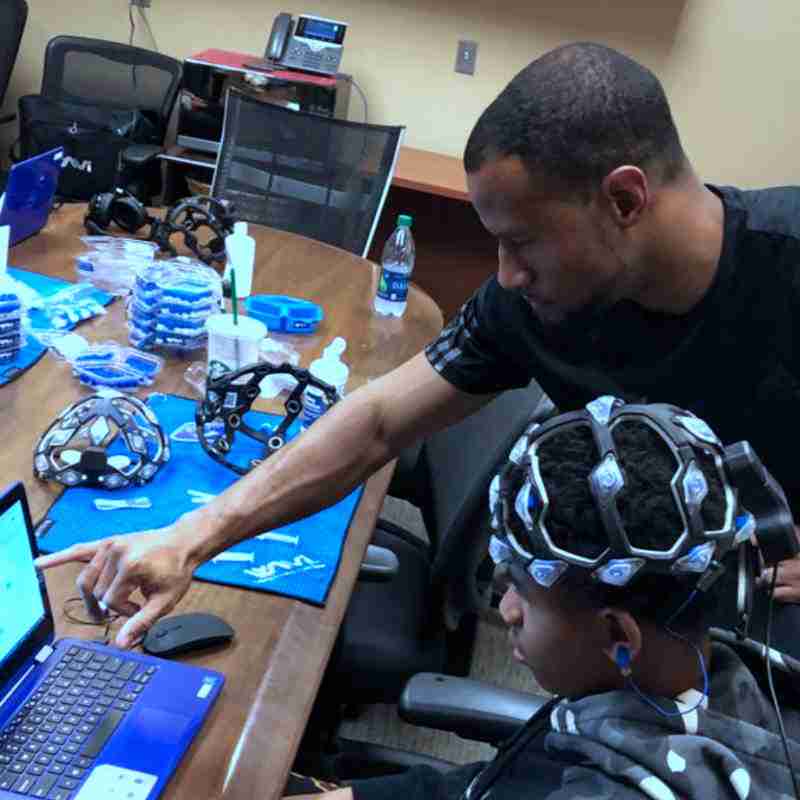
Performance
Brainwave MedTech Group (BMTG) uses raw brainwave biomarkers to reveal the relevant and underlying factors affecting brain performance. They can identify the critical factors of brain injury or the causes of attention deficit disorders, depression and anxiety, PTSD, post-concussive symptoms, and psycho-emotional disturbances. The best first step in scanning brainwaves for medical and legal evaluations is to establish a baseline by undergoing a screening prior to an injury. Head injuries that cause dysfunction and prolonged recovery can be compared with a baseline.
Common Brain Performance Injuries
Concussions
Concussions are a traumatic brain injury (TBI) caused by a bump, blow, or jolt to the head or by a hit to the body that causes the head and brain to move rapidly back and forth. This sudden movement can cause the brain to bounce around or twist in the skull, stretching and damaging brain cells and creating chemical changes in the brain.
Sports-Related Head Injuries
Sports are an important part of many people’s lives, but they may increase the risk of head injuries. The seriousness of a concussion can vary from temporary to persistent symptoms. Some injuries may be described either as mild or permanent TBI (Traumatic Brain Injury).
Psychological/Emotional Risks
Psychological and emotional traumas could be identified, prevented or modified with early screening by routine use of EEG scans, data and analytics. Ignoring symptoms can lead to suicides, now becoming an especially pressing problem, with rates rising more rapidly among boys and girls ages 10 to 14 than in any other age group.
Learning/Memory Issues
A growing body of research suggests that qEEG-related technologies can provide a complementary view of brain function alongside standard screenings and assessments. A growing number of physicians are using it to apply prevention and wellness treatments to learning and memory dysfunctions in young or aging patients.
Evaluations
Brainwave MTG changes how professionals and patients look at the brain scan experience. Our portable, non-invasive technology offers a multifaceted perspective of the brain while making it readily available and removing the ominous sensibility patients may feel. The measurement and evaluation of brain performance facilitates insights into motor processing, physical reaction, visual memory, impulse control, verbal memory, brain voltage, brain speed, coherence, neck tension, jaw tension, ADHD, anxiety and depression — all during a 4-minute qEEG scan.
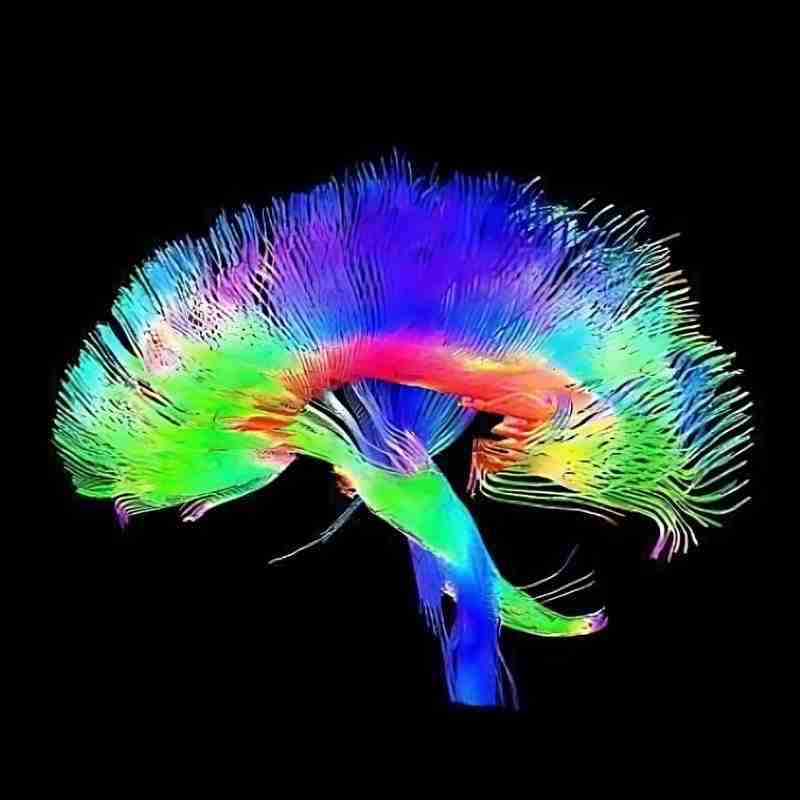
Types of Medical Evaluations
- P300 Voltage Protocol – involves stimulus-response evaluation or categorization to ascertain presence, magnitude, topography and timing of brain signals for ascertaining the state of cognitive function in decision-making processes.
- MoCA or MMSE with Trailmaking – Neurological evaluation via WAVi 20 min. scan Protocol
- Endogenous P300 ERP – addresses cognitive impairments and psychological issues
- Theta Beta Ratio Evaluation – symptomatic evaluation of potential ADHD
- Bipolar vs. Unipolar EEG – alpha, beta, theta relationships
- F3/F4 Meta Study – Asymmetry measurement
- Alpha Peak – measurements over the lifetime of patient
- Visual ERP/Eriksen Flanker – visual impact on spatial attention causing conflict-frequency modulation
Brain Scan Data Capture
WAVi brain scanning technology conducts brain performance assessments measuring brain response and real-time physical response to brain functions. It identifies a range of dysfunctions from Traumatic Brain Injury (TBI), Mild Cognitive Impairment, PTSD, ADHD, Alzheimer’s, Chronic Fatigue, Fibromyalgia, and Dementia.
Brain Mapping
Psychological and emotional traumas could be identified, prevented or modified with early screening by routine use of EEG scans, data and analytics. Ignoring symptoms can lead to suicides, now becoming an especially pressing problem, with rates rising more rapidly among boys and girls ages 10 to 14 than in any other age group.